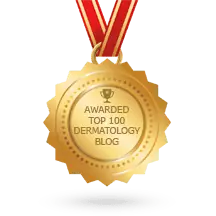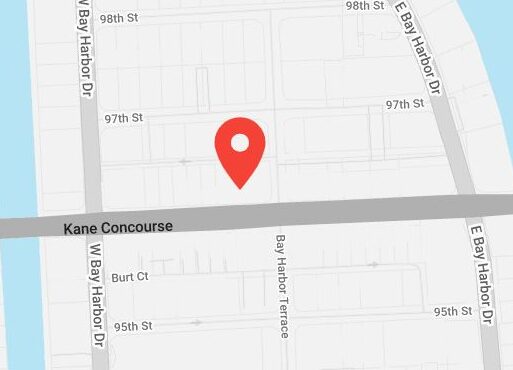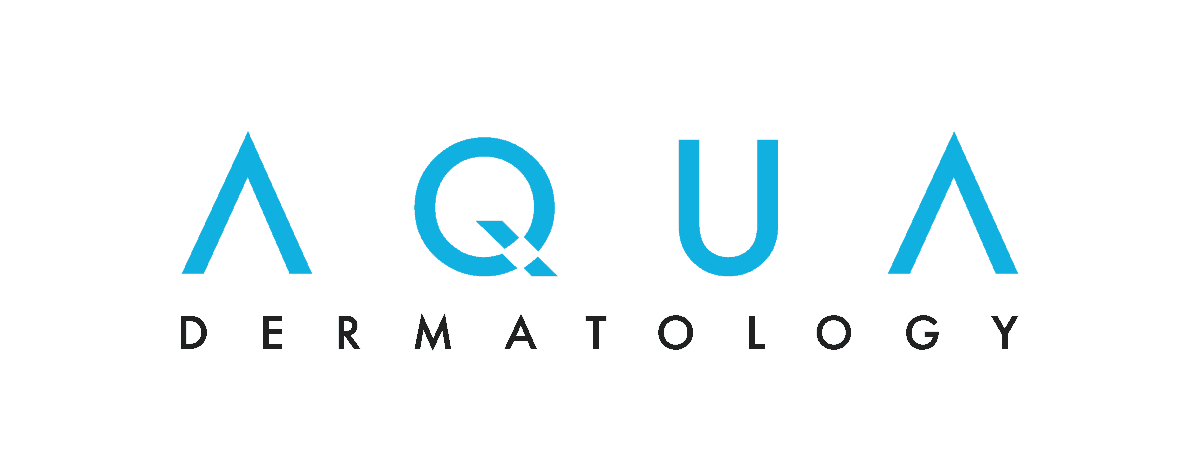
Causes of Skin Discoloration
There are many causes of skin pigmentation issues, some of which are more common than others. Here’s a quick rundown of the major reasons skin might be shifting pigmentation:
Sun Damage
Sun does more than put you at risk for skin cancer. It can also accelerate the aging process and cause “sun spots”. These darker freckles or spots are also known as age spots, and can accumulate over years of sun damage. The best way to prevent them, of course, is to practice good habits in the sun, but there are also effective treatments available for sun spots.
Skin Trauma& Birthmarks
When skin is healing, one of the reactions to the inflammatory event is to produce lots of pigment cells. This is why scar tissue is of a different color than the rest of the skin. Birthmark origins are still not clear, but they can be vascular (blood vessel-based) or not. Regardless of their type, many people are unhappy with the appearance of their birthmarks.
Hormonal Changes
Pregnancy and other hormone-altering changes can cause uneven pigmentation. For example, many women experience a darkening of the skin during pregnancy. This is known as melasma, or the “mask of pregnancy”. Increased melanin production in the skin darkens it, causing hyperpigmentation in patches, usually on the face. Melasma sometimes goes away on its own, or it can be treated if necessary.
Skin Treatments
While skin treatments can be very helpful in treating pigmentation problems, sometimes darker skin can react badly to strong skin treatments such as laser resurfacing. This is especially true in cases where the patient’s skin is prone to hyper or hypopigmentation (darkening or lightening) and with an inexperienced or unskilled provider. This is why it is so important to seek help from an expert, board certified dermatologist for any treatment.
Diseases & Skin Conditions
Rarer, but more serious than some of the other causes of discoloration, disease and skin conditions can cause skin lesions, pigmentation problems and more. These can be a result of allergies, serious conditions, and simple illnesses. Whatever the cause, treatment is needed for this type of change in skin pigment.
Solutions
Solutions for pigmentation issues vary widely, as there are so many causes of the problem. Sometimes, treatment requires both medical and cosmetic procedures, while many other people suffer purely aesthetic effects. So how do you start treating uneven pigment?
Medical Solutions
Your first step should be to rule out any skin conditions or illnesses that may be causing pigmentation problems. Treatment for these problems could be enough to fix the discoloration without turning to other solutions. It is important to check in with your doctor regardless of what you think the discoloration might be; you never know what might be causing your body to react.
Cosmetic Solutions
Once you’re sure the problem is only cosmetic in nature, you have quite a few options for treatment. Some types of cosmetic treatments for discoloration are better suited to some types of pigmentation changes than others. A skilled cosmetic dermatologist will know which treatment is best suited to your needs. Most pigmentation treatments are laser-based, and when performed by a qualified, board certified dermatologist, are very safe, with low complication rates.
Resolve Your Skin Issues
If you’re fed up with uneven skin tone and texture, then it may be time to see an expert cosmetic dermatologist about your skin pigment. Dr. Diane Walder offers a range of lasers and other treatment options for pigmentation problems, including CO2 lasers, IPL (Intense Pulsed Light), Laser Genesis®, and eMatrix™. Dr. Walder is a nationally acclaimed authority on cosmetic dermatology and helps her distinguished clientele maintain glowing, youthful skin. If you would like to meet with Dr. Walder, or her colleague Dr. Stacy Chimento, to start on the road toward solving your skin issues, call 305-866-2177 to schedule your appointment.



